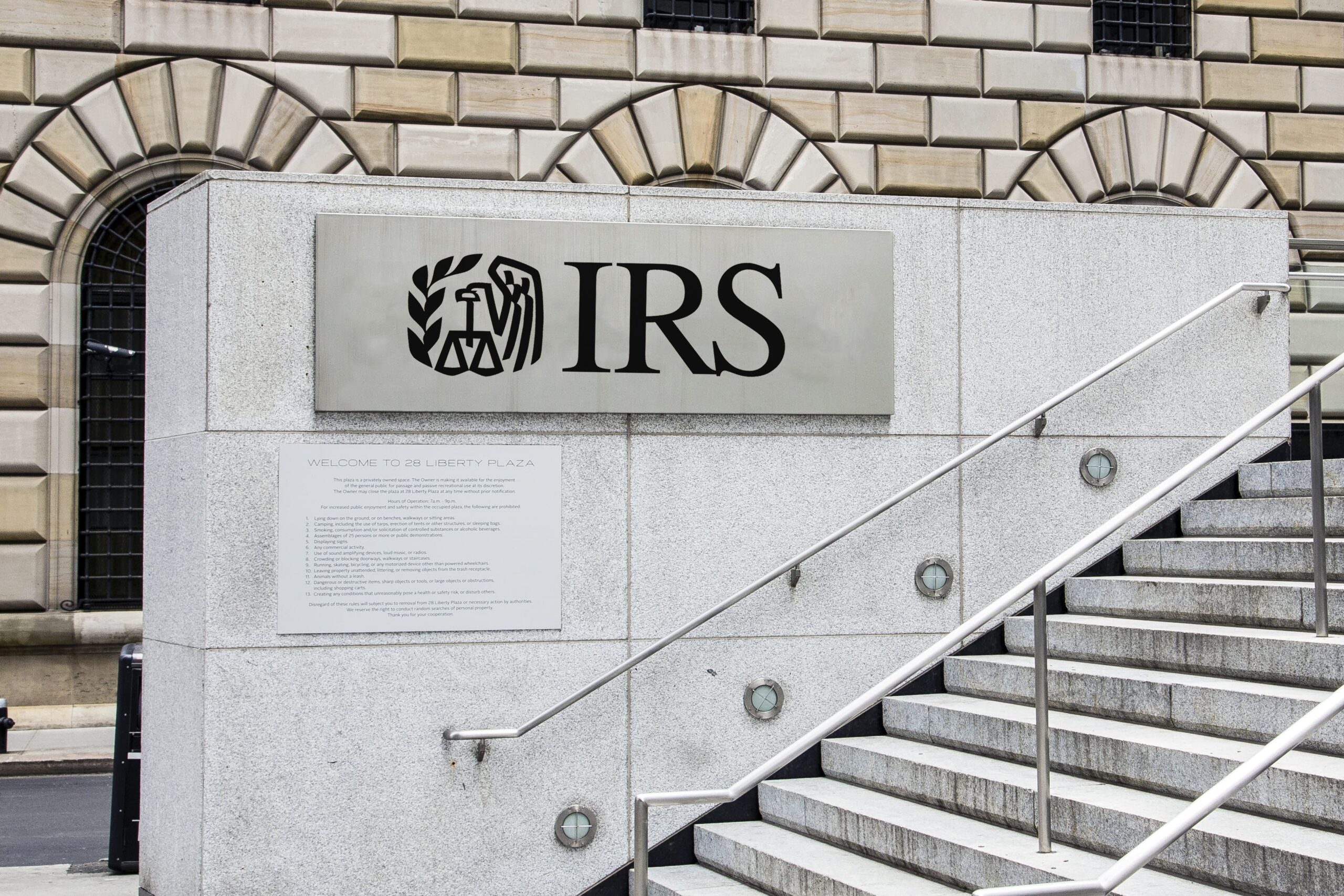American Oversight Calls for Congress to Investigate IRS Commissioner’s Ousting
IRS Commissioner Billy Long was removed from his position after a dispute with the Trump administration over ICE’s data-sharing agreement.

Following a bombshell report from the Washington Post that Internal Revenue Service (IRS) Commissioner Billy Long was removed just two months after his confirmation following his refusal to provide Immigration and Customs Enforcement (ICE) with taxpayer information beyond the limits of an agreement between the agencies, American Oversight called for Congress to investigate the matter.
“Removing the head of the IRS for refusing to violate this already controversial agreement is as alarming as it is telling. That the Trump administration reportedly sought to weaponize confidential taxpayer information to advance its nativist and anti-immigrant agenda — and, when Commissioner Long appeared to stand in the way, pushed him out after only two months on the job — should alarm all Americans,” said Chioma Chukwu, Executive Director of American Oversight. “If this kind of abuse goes unanswered, it will embolden the administration to further trample privacy protections for immigrants and citizens alike. Congress must immediately investigate whether the administration sought to bypass legal safeguards and violate the agreement to weaponize sensitive taxpayer information.”
Earlier this year, American Oversight successfully moved to intervene in the litigation to gain full access to the secretive agreement between the IRS and ICE — which was reached over the objections of the tax service’s privacy lawyers. The heavily-redacted memorandum of understanding (MOU) was filed in litigation brought by Public Citizen on behalf of Centro de Trabajadores Unidos and Immigrant Solidarity DuPage, which challenged the IRS’s disclosure of taxpayer data for immigration enforcement purposes.
On May 13, following American Oversight’s motion to intervene in the suit to lift the redactions on the documents, a federal court ordered the government to release a nearly entirely unredacted MOU and related legal filings, rejecting the government’s repeated efforts to keep the details hidden. The now-public agreement reveals the contours of a data-sharing policy with serious implications for individual privacy, making its disclosure a significant win for transparency and public oversight.